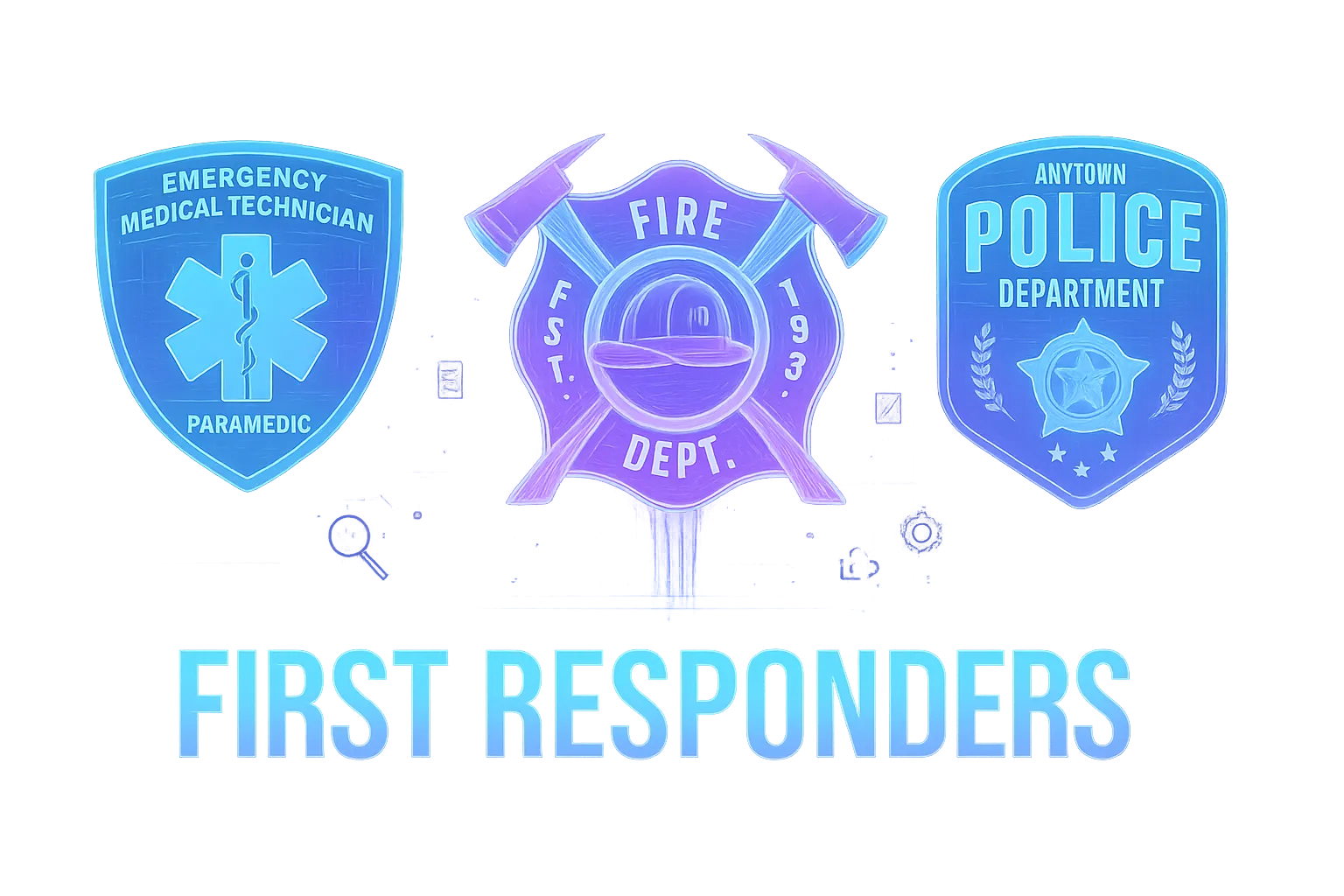Building Brand Credibility Through First Responders
Nov 06, 2025 | 3 min read

Trust isn’t just a feeling in pharma marketing—it’s a growth driver.
In an industry where the cost of a communication mistake can be millions, brand credibility has become a critical edge. But in today’s world of AI-generated content, over-targeted ads, and growing public skepticism, credibility isn’t easy to earn.
Pharma marketers face a problem: Patients are bombarded with information, yet unsure who to trust. So how do you get someone not only to hear your message—but believe it?
The answer may not lie in louder campaigns, but in better messengers.
Trusted Messengers Change Behavior
According to recent Gallup data, first responders rank among the most trusted professionals in America. Firefighters lead with a remarkable 97% favorability rating, while police officers maintain public trust levels near 74% as of 2025. EMTs and paramedics consistently rank high as well.
Why does this matter to pharma?
Because who delivers the message can determine whether a patient acts on it.
The World Health Organization reinforces this: people are more likely to adopt health behaviors when they hear them from credible, respected community figures. In public health campaigns, partnerships with neighborhood leaders, local clinics, and trusted messengers dramatically increase patient engagement.
This isn’t just a theoretical insight—it’s actionable strategy.
What Happens When You Market With Credibility
Healthcare marketing is often perceived as impersonal or overly promotional. That creates friction. But when trust is built into the delivery channel, patients respond.
A 2024 PatientPoint study found that pharma ads shown in doctors' offices were 16% more trusted than the same ads online. Why? Because the environment reinforced credibility.
Even more telling:
- 58% of patients who saw a point-of-care ad brought it up with their physician.
- 34% received a prescription for the featured drug.
- 68% requested the branded medication by name.
These aren’t just brand impressions. They’re meaningful actions rooted in trust.
First Responders: A New Frontline for Health Credibility
At CI Life, we recognized the untapped opportunity in this trust dynamic. So we developed a community-centered model that brings credibility to life in a way traditional campaigns can’t.
It’s called the HERO Program.
The HERO Program (Healthcare Endorsements from Responder Organizations) enables pharma brands to partner with local and state first-responder leadership to:
- Raise awareness in stigmatized or underserved treatment areas
- Use first-responder endorsements to improve patient confidence
- Create emotional resonance through respected community voices
- Expand the eligible patient pool through education and recognition
- Drive measurable NRx lift in priority geographies
This is not a celebrity play. It’s a community credibility strategy—compliant, emotionally resonant, and proven to work.
From Awareness to Action: What Patients Actually Trust
Community endorsement doesn’t feel like marketing. It feels like someone you trust giving you advice. That difference matters.
When a local officer, firefighter, or paramedic supports an awareness campaign, it shifts public perception from skepticism to safety. It tells patients: this isn’t just okay, it’s the responsible thing to do.
Trust builds acceptance. Acceptance leads to action.
And action drives impact—for patients, for providers, and yes, for brands.
If You’re Serious About Credibility, Start Here
Credibility can't be faked. But it can be earned—through relationships with the voices patients already trust.
Explore how the HERO Program brings first responders and brands together to build community-centered credibility that scales.



 Gradial
Gradial  PEGA
PEGA 





